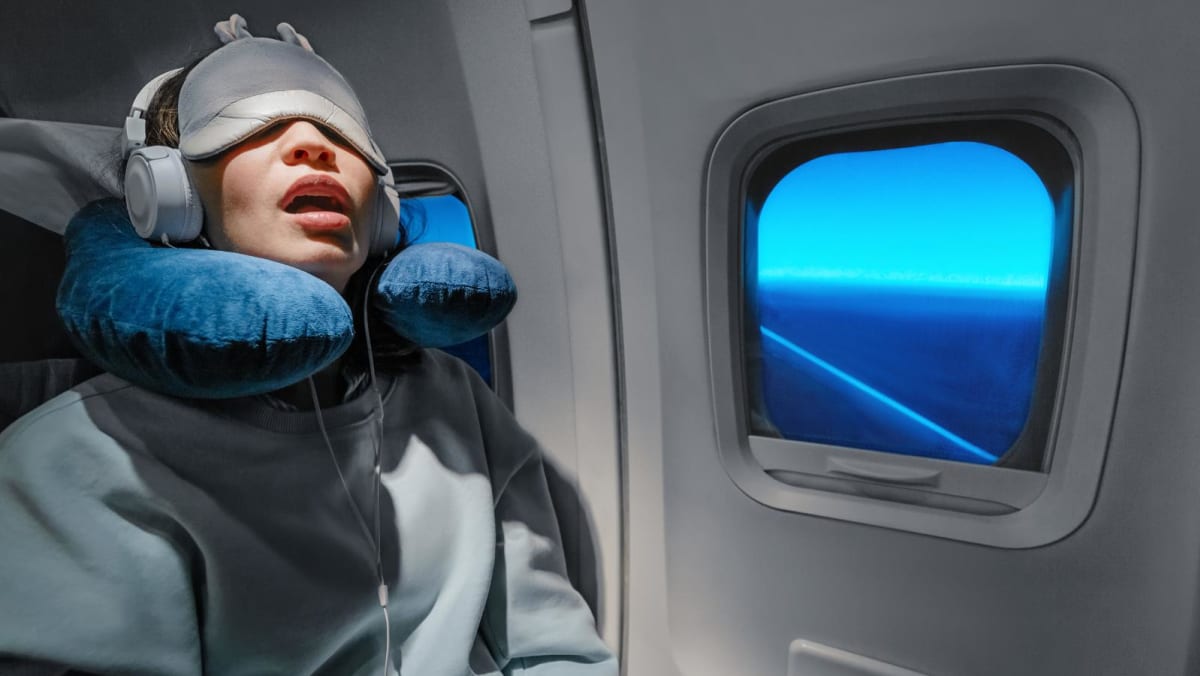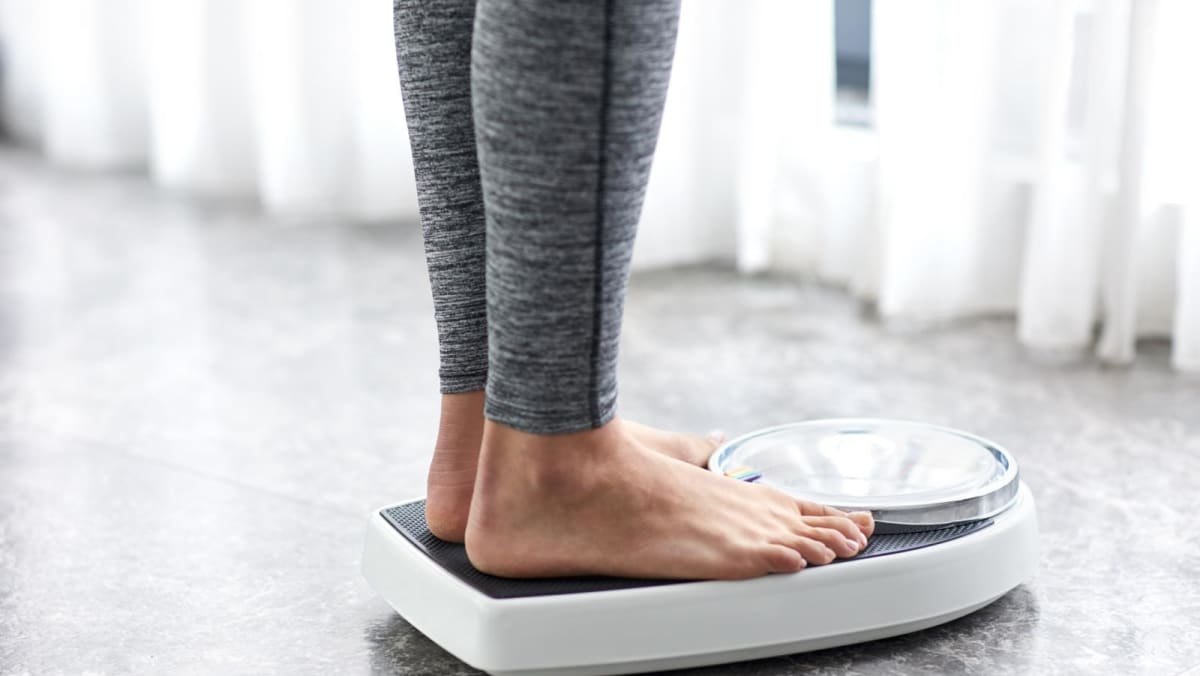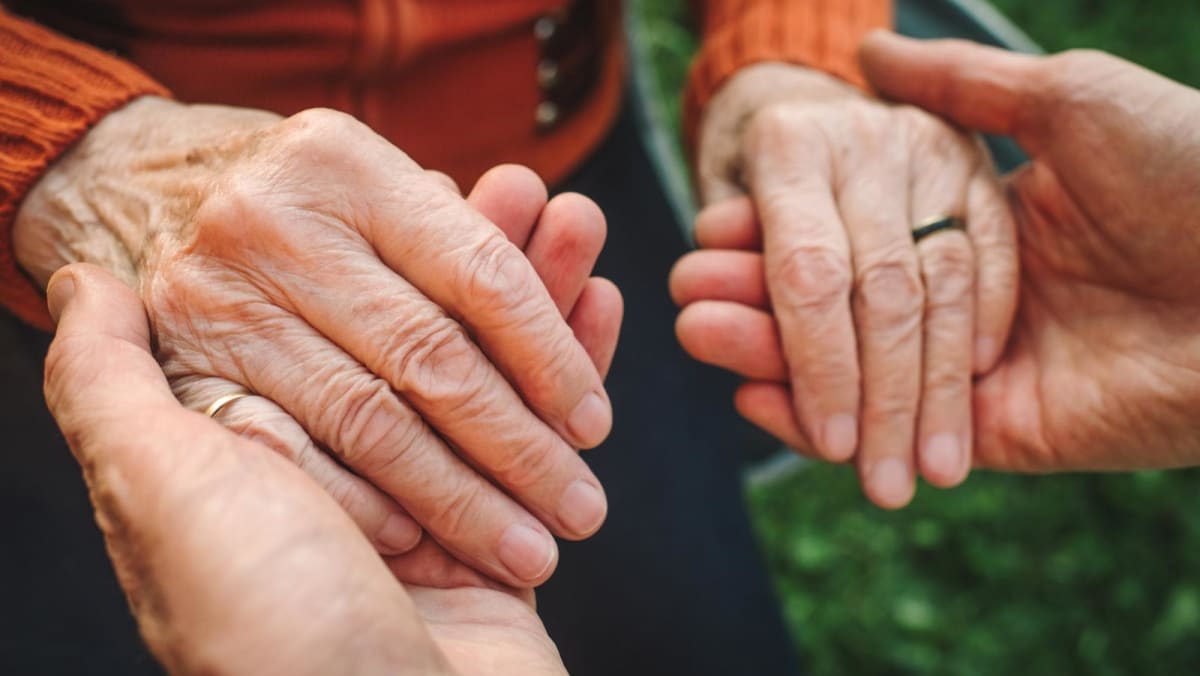2. WHY DOES FLYING EASTWARD PRODUCE MORE SEVERE JET LAG?
Let’s visit this thing you might have already heard of called the circadian rhythm. Within the brain’s hypothalamus is the suprachiasmatic nucleus or SCN. This is your body’s “master clock” that controls your circadian rhythm, meaning it decides functions such as the time you wake up or get hungry, according to Healthline.
The SCN is driven by light, so when your eyes see sunshine, for example, the SCN “activates certain hormones, alters your body temperature, and regulates your metabolism to keep you alert or draw you to sleep”, according to Healthline.
“All of us have this internal body clock, which roughly corresponds to the outside 24-hour clock,” explained Adj Asst Prof Sridhar. “Jet lag is due to a misalignment between our internal clock and the outside clock.”
When you travel eastwards, you have to advance your bedtime to align yourself with the destination sleeping time, said Adj Asst Prof Sridhar. The opposite happens when you travel westward, meaning you have to delay your bedtime. “In general, it is easier to delay your bedtime compared to advancing your bedtime,” he said.
Another reason is that staying awake is more under voluntary control than falling asleep, said Dr Willoughby. “We can force ourselves to stay awake more easily and effectively than we force ourselves to fall sleep.”
In addition, travelling westwards or “back in time” allows you to experience a longer day and more exposure to light, which can further delay your body clock, added Dr Willoughby.














